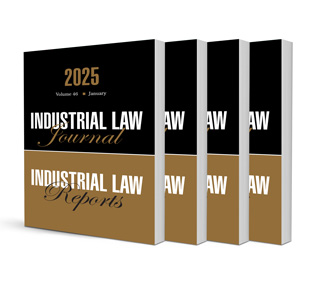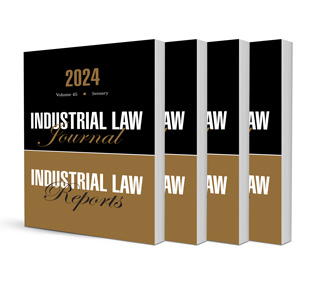Case Notes: The Making of a ‘Modern’ Trade Union: Simunye Workers Forum v Registrar of Labour Relations (2023) 44 ILJ 2021 (LC)

Case Notes: The Making of a ‘Modern’ Trade Union: Simunye Workers Forum v Registrar of Labour Relations (2023) 44 ILJ 2021 (LC)
Author Marlese von Broembsen
ISSN: 2413-9874
Affiliations: Associate Professor of Law, Centre for the Transformative Regulation of Work (CENTROW), University of the Western Cape; Senior Researcher in Labour Rights, Women in Informal Employment: Globalizing and Organizing (WIEGO); BA (Stell), LLB (UCT), MA (UWC), LLM (Harv), PhD (UCT)
Source: Industrial Law Journal, Volume 46 Issue 1, 2025, p. 44 – 59
https://doi.org/10.47348/ILJ/v46/i1a3
Abstract
In Simunye Workers Forum v Registrar of Labour Relations the court considers whether trade unions established by non-standard workers must conform to a traditional trade union structure in order to be registered as a trade union. It is argued that the court’s generous interpretation of s 95 of the LRA is correct in the light of Bader Bop and the jurisprudence of the ILO supervisory mechanisms on the conventions that apply to non-standard workers. Moreover, it is contended that a restrictive interpretation of s 95 would contravene international law and the spirit, purpose and objectives of s 23 of the Constitution and of s 8 of the LRA.
